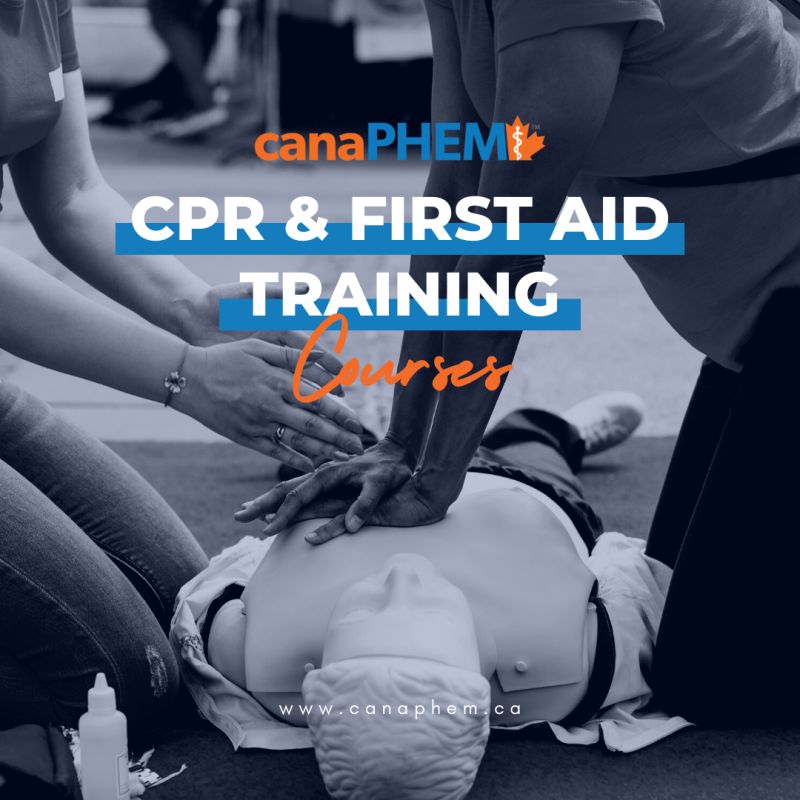Choosing the best CPR certification can be a daunting task, especially with the variety of options available. Whether you’re seeking certification for professional development or simply want to be prepared for emergencies, finding the right program is essential. In this article, we will explore the different CPR certification options and help you navigate through the selection process.
When it comes to choosing a CPR Course, it’s important to consider factors such as accreditation, course content, and convenience. You want a program that is recognized by reputable organizations and covers the necessary skills and techniques. Moreover, finding a certification that fits your schedule and learning style is crucial to ensure a successful learning experience.
Importance of CPR Certification
CPR certification is a vital skill that can save lives. In emergency situations, performing CPR correctly can significantly increase the chances of survival for someone experiencing cardiac arrest. By learning CPR, you become equipped with the knowledge and skills to provide immediate assistance until professional medical help arrives.
Not only does CPR certification benefit the individual acquiring the skill, but it also has a positive impact on the community. By being trained in CPR, you can potentially save the lives of family members, friends, or even strangers in need. Additionally, many workplaces and organizations require employees to have CPR certification, making it a valuable asset for career advancement.
Obtaining First-Aid Certification demonstrates your commitment to safety and preparedness. It shows employers, colleagues, and loved ones that you are willing to go the extra mile to ensure the well-being of others. With the right certification, you can feel confident and empowered to act in emergency situations.
Factors to consider when choosing a CPR Certification
When choosing a CPR certification, several factors should be taken into consideration to ensure you select the best program for your needs. Here are some key factors to consider:
Accreditation and Recognition
First and foremost, it’s important to choose a certification that is accredited and recognized by reputable organizations. Accreditation ensures that the program meets certain standards and is taught by qualified instructors. Recognized certifications are more likely to be accepted by employers and organizations.
Course content and skills covered
Different CPR certifications may have varying course content and skills covered. Consider what specific skills you want to gain from the certification and ensure that the program you choose covers those skills. For example, if you work in healthcare, you may need a certification that includes advanced CPR techniques and the use of AEDs.
Convenience and accessibility
Consider the convenience and accessibility of the CPR certification program. Look for programs that offer flexible schedules, online or blended learning options, and locations that are easily accessible to you. The more convenient the program is, the more likely you are to complete it successfully.
Cost
Cost is another important factor to consider when choosing a CPR certification. Compare the prices of different programs and consider what is included in the cost, such as training materials and certification cards. Keep in mind that cheaper options may not always provide the same level of quality and recognition.
Renewal Process
CPR certifications usually expire after a certain period of time. Consider the renewal process of the certification you choose. Some certifications require periodic renewal courses or exams, while others may offer online or in-person renewal options. Choose a certification that aligns with your preferences and requirements for renewal.
Online CPR certification options
In today’s digital age, online CPR certification programs have become increasingly popular. These programs offer the convenience of learning from the comfort of your own home and at your own pace. Online CPR certification options are often more flexible in terms of scheduling and can be a great choice for individuals with busy lifestyles.
When considering an online CPR certification program, it’s important to ensure that the program is accredited and recognized. Look for programs that provide interactive learning materials, virtual simulations, and opportunities for hands-on practice. Additionally, check if the program offers a valid certification card upon completion.
CPR certification for specific industries
Certain industries have specific requirements when it comes to CPR certification. For example, healthcare professionals often require a certification that includes advanced CPR techniques and the use of AEDs. Childcare providers may need a certification that covers CPR for infants and children.
When choosing a CPR certification for a specific industry, it’s crucial to consider the requirements set forth by employers or regulatory bodies. Look for certifications that align with these requirements and provide the necessary skills and knowledge for your profession.
Choosing the best CPR Course is a decision that should not be taken lightly. It’s important to consider factors such as accreditation, course content, convenience, and industry requirements when making your choice. Whether you opt for certifications offered by the American Heart Association, Red Cross, or other recognized organizations, the key is to find a program that equips you with the necessary skills to save lives.
By obtaining CPR certification, you gain the confidence and ability to respond effectively in emergency situations. Whether you’re a healthcare professional, a teacher, or simply a concerned citizen, CPR certification can make a significant difference in the lives of those around you.
So, take the time to research and select the CPR & First Aid Courses that best suits your needs. You never know when your skills and knowledge might be called upon to save a life. For Information about CPR & First Aid Courses, Contact us Today!
It is important to note that canaPHEM is not an emergency transfer service. In the event of an emergency requiring transport of a patient to the nearest hospital, the respective municipal EMS service will be contacted for transfer of care.

